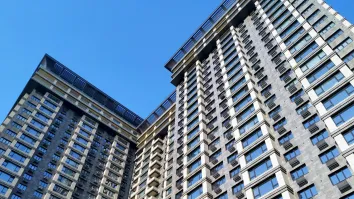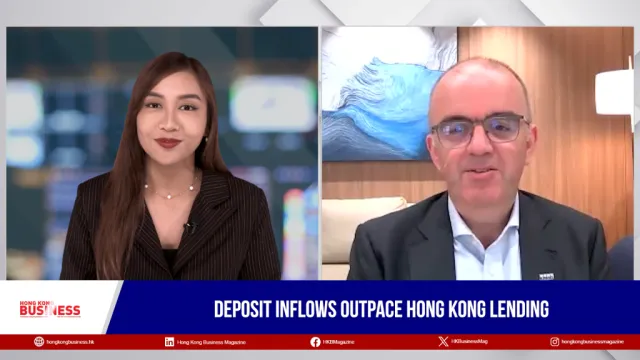
Hong Kong Residency rule could boost office sector
The ultra-rich are also expected to set up family offices in the city.
A government decision to allow foreign investors to seek residency through investments in residential properties worth more than $50m is expected to spice up Hong Kong’s struggling office sector.
Thomas Chak, head of Capital Markets and Investment Services at Colliers Hong Kong, said the policy could spur global players to expand their offices in Hong Kong, driving demand for office and retail spaces, as well as accommodations.
“This policy could really spice things up in Hong Kong, especially in the asset management sector,” he told Hong Kong Business.
“With more M&A (mergers and acquisitions) activities and better liquidity in overall capital markets, we'll be seeing growing opportunities for professionals like bankers, accountants, lawyers and surveyors.”
“This would actually attract more talents into Hong Kong in the long term, making the city more appealing for global players to set up and expand their offices here,” he added.
Antonio Wu, head of Capital Markets for Greater China at Knight Frank, said the policy would draw more family offices to Hong Kong, which could push demand in the office sector.
“If we’re having all these [high-net worth] individuals or businessmen in Hong Kong, naturally they will open up their family office here to look after their investment,” Chak said. “Hong Kong is one of the major gateway cities in Asia so it will be ideal for them to open a family office here.”
Wu and Chak said the policy would also boost the luxury residential segment. Wu said the benefits could extend to both the primary and resale markets, whilst Chak said areas like The Peak, Jardine’s Lookout, and the Southside stand to gain.
Beyond real estate, experts said the policy would attract more investments.
Darren Bowdern, head of Alternative Investments for Asia-Pacific at KPMG China, said the policy would “help promote Hong Kong as a destination for entrepreneurial talent and investment.”
He added that allowing $10m in residential purchases to count toward the $30m investment requirement is a strategic move to attract high-net-worth people.
“Applicants wanting to come to Hong Kong can use part of the value of their residential property towards the minimum investment amount but importantly, they must also invest in other assets in addition to the property,” Bowdern said.
To attract more capital, he said the government should extend the policy to assets such as artwork and a broader range of private funds.
Wu said the government could cover properties slated for student accommodation since a number of investors are looking at this sector.
Government development sites may also be included, Chak said. “In the long run, this would increase the government revenue from land sales.”
“If we want to really spice things up more, increasing the cap from $10m on the real estate investment to something higher, probably like, you know, $30m, this will help speed things up and bring in more capital in the short term,” the Colliers expert said.

















 Advertise
Advertise









